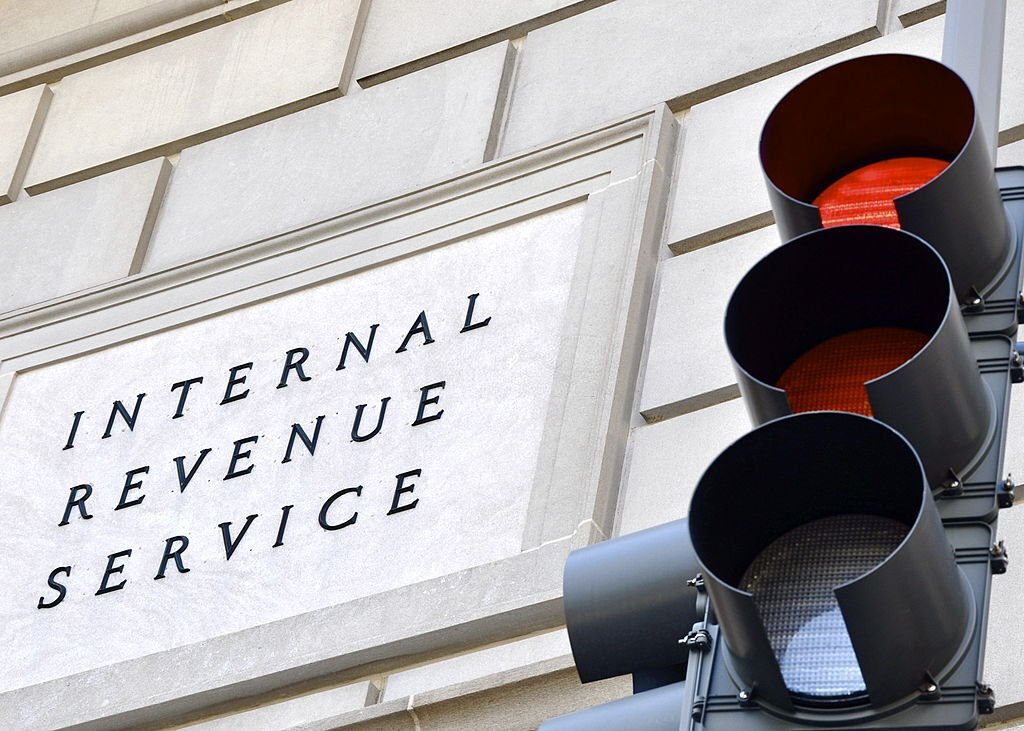Nearly three months after pressing pause on the employee retention credit program until at least the end of this year due to a wave of fraudulent claims, the IRS said on Dec. 6 it has rejected more than 20,000 suspicious submissions for the pandemic tax credit meant to help small businesses.
The agency said it is sending this initial round of letters disallowing ERC claims to “entities that did not exist or did not have paid employees during the period of eligibility to prevent improper ERC payments from being made to ineligible entities.”
The IRS is in the midst of a crackdown on fraudulent ERC claims resulting from pop-up businesses, or “ERC mills,” marketing the program to employers that do not qualify for the tax relief. The refundable tax credit, which was authorized by the $2.2 trillion coronavirus package known as the Cares Act, aimed to motivate employers to keep workers on staff during the early days of the pandemic as unemployment rates sharply increased. As of mid-September, the IRS had received more than 3.6 million ERC claims since the program was enacted.
After an initial review this fall, the IRS determined that a large chunk of taxpayers did not meet basic criteria for the ERC. Beginning last week, the IRS sent Letter 105 C, Claim Disallowed, to more than 20,000 taxpayers deemed ineligible for the credit.

“With the aggressive marketing we saw with this credit, it’s not surprising that we’re seeing claims that clearly fall outside of the legal requirements,” IRS Commissioner Danny Werfel said last Wednesday. “The action we are taking today is part of an initial set of steps in our compliance work in this area, and more letters will be going out in the near future, including both disallowance letters and letters seeking the return of funds erroneously claimed and received.”
Because of the suspicious nature of some ERC claims, the IRS in May alerted business owners about ERC scams. Calling it a “barrage of aggressive broadcast advertising, direct mail solicitations, and online promotions,” the IRS said ERC promoters are “wildly misrepresenting and exaggerating who can qualify for the credits.”
On July 26, the agency announced it was increasingly shifting its focus to review these claims for compliance concerns, including intensifying audit work and criminal investigations on promoters and businesses filing dubious ERC claims.
Then on Sept. 14, Werfel ordered an immediate moratorium on the ERC program through at least Dec. 31, saying the agency “could no longer tolerate growing evidence of questionable claims pouring in.”
Since then, the IRS announced a special withdrawal program for businesses with pending claims that realized they could have filed an inaccurate tax return. Later this month, a separate voluntary disclosure program will be introduced allowing those who received questionable payments to come in and avoid future IRS enforcement action.
“As we continue our audit and criminal investigation work involving the employee retention credits, we continue to urge people who submitted a claim to review the rules with a trusted tax professional,” Werfel said. “If they filed an inaccurate claim, we urge them to consider withdrawing their pending claim or use the upcoming disclosure program to repay improper refunds to avoid future action.”
The IRS is working on hundreds of criminal cases, and thousands of ERC claims have been referred for audit, the agency said.
Two main ERC problems identified
The mailing reflects just part of the ongoing IRS review of these claims. In this group, two categories of claims have been identified and are being disallowed:
- Entity not in existence during period of eligibility: The ERC applies to qualified wages for periods between March 13, 2020, and Dec. 31, 2021. Entities established after Dec. 31, 2021, are not entitled to the ERC under the law passed by Congress.
- There are no paid employees during the period of eligibility: The ERC is intended as a credit against qualified wages paid. Entities that did not pay any wages are not eligible for ERC.
The disallowance letters that identify ineligible claims before they are paid serve several purposes that help taxpayers and tax administration, the IRS said. They:
- Help ineligible taxpayers avoid audits, repayment, penalties and interest;
- Protect taxpayers by preventing an incorrect refund from going to an ERC promoter; and
- Save IRS resources by disallowing incorrect credits before they enter the audit process.
The agency said it will continue to review ERC claims and may request more information from taxpayers to support their claim.
Thanks for reading CPA Practice Advisor!
Subscribe Already registered? Log In
Need more information? Read the FAQs




